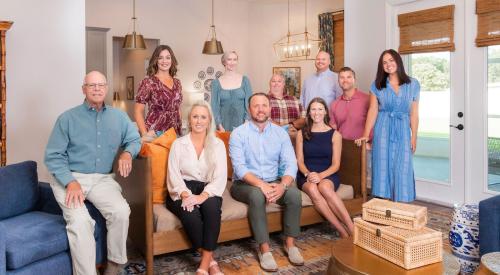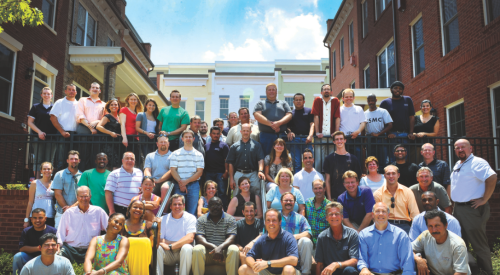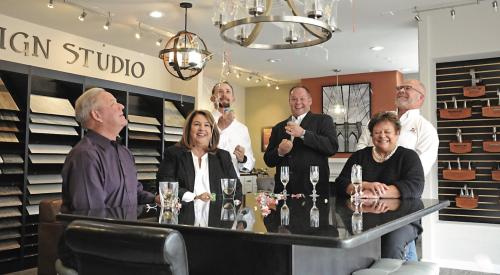 |
The story of Dorothy's quest to meet the Wizard of Oz is analogous to what often happens in the world of personnel and executive recruitment. Working within process-bound organizations, we often journey down long and winding roads, only to have the end result fail to meet our expectations.
An example of this happened to a top-shelf candidate we know. We'll call him Bill. This is his story.
Great Expectation
"I was recruited for a senior vice president role with a home builder in another state. The position was to report to the president, about whom I had heard great things. The company is known for being a top-shelf organization with high-quality communities. The more I heard about the president and the company, the more enthusiastic I became.
"The process started with a get-to-know-you phone interview between the company's vice president of human resources and myself," Bill continues. "The discussion went smoothly. A personal interview was scheduled and flights were booked. The interview process would span two days, allowing ample time for me to spend with the entire management team, including the president.
"When I arrived at the company headquarters I was greeted by the vp of human resources and was immediately ushered into a room where I spent the next three hours taking a battery of tests. Once testing was completed, I spent several hours interviewing with a part of the management team, which did not include the president.
"The next morning I finished my interviews with the remaining managers for a total of seven interviews. Shortly before noon, I was allotted an hour to meet with the president. After two days of interviews and testing, I felt like Dorothy waiting to meet the Wizard of Oz. The journey had been long and my expectations were high.
"The enthusiasm I carried into the interview waned, as the president treated our visit as just another step in the interview process. While I asked many questions, his responses were generic at best. Needless to say, I was disappointed. We had so little interaction, I assumed he was not interested in me. I was shocked when they called and offered me the job. I think they were even more shocked when I respectfully declined."
Post Mortem
What went wrong? Plenty.
After all, this was a senior vice president position — certainly worthy of a greater time investment between Bill and his future manager. For the president to spend only one hour with Bill makes no sense at all.
A better scenario: Bill spends most (if not all) of the first day with the president, both in and out of the office. Assuming their visit goes well, Bill is invited back the next day (or some other convenient time) to interview with his peer group. If not, the process is halted prior to any testing or additional interviews.
I applaud companies that involve their management teams in the interview process, but the hiring manager should spend the greatest amount of time with the candidate — again, preferably on the front end of the process. Let's face it: If Bill fails to meet the president's approval, it doesn't matter what peers thinks.
It is clinical, impersonal, unfriendly — call it whatever you want. Invest time on the front end with personal interviews and leave the testing for later. Besides, test results submitted prior to the interview tend to skew interviewer objectivity and hinder the true assessment of the candidate(s). Instead, use test results to support the more potent assessments from the face-to-face interview.
The approach I have outlined above sends a clear message to candidates that senior management is willing to clear their schedules to ensure getting the right people on their team. Management does not make the candidate feel as if he/she must earn the right to be there. Instead, they regard the interview as an opportunity and privilege to meet a fellow industry professional. In short, "do unto others..."












